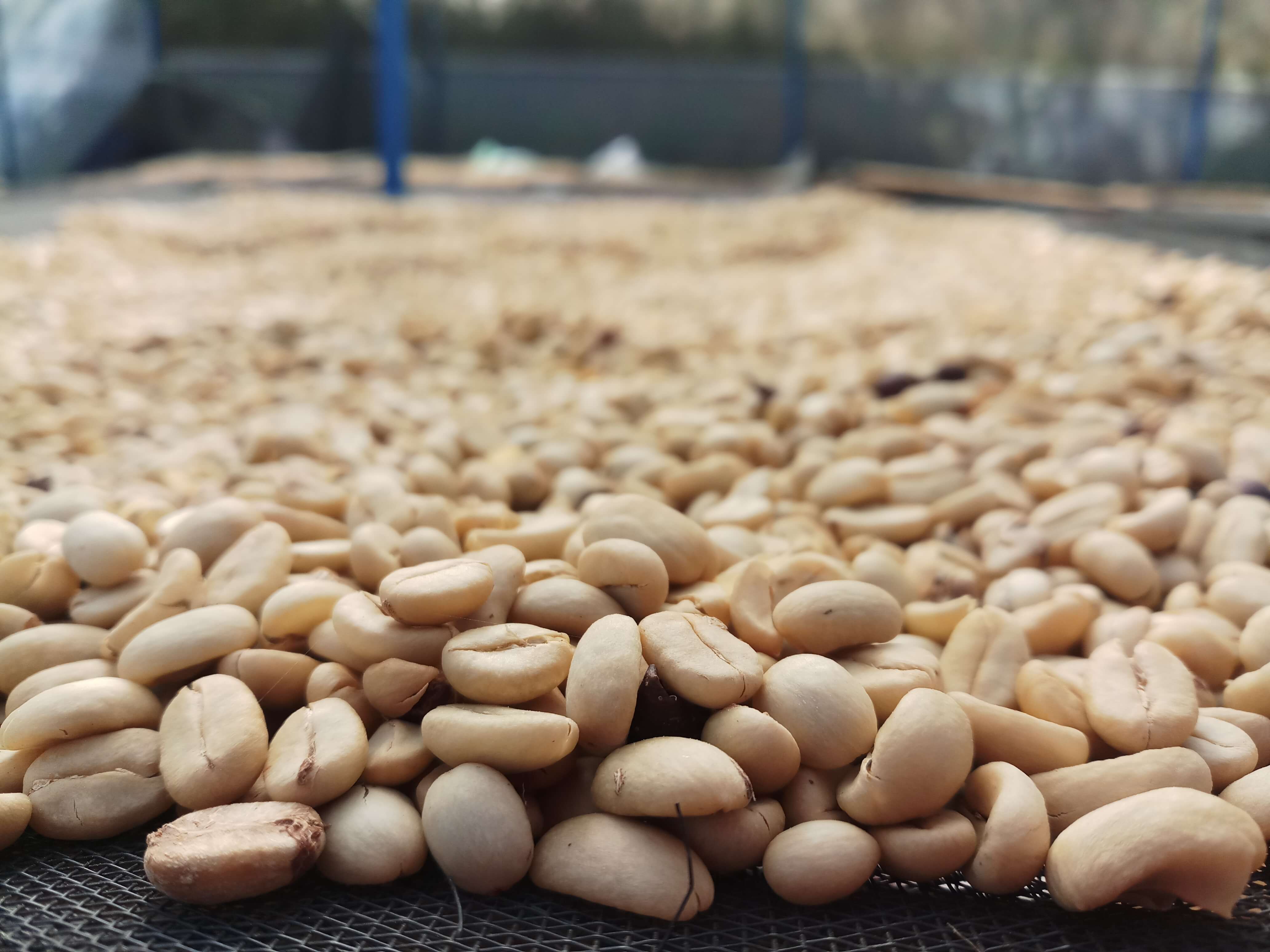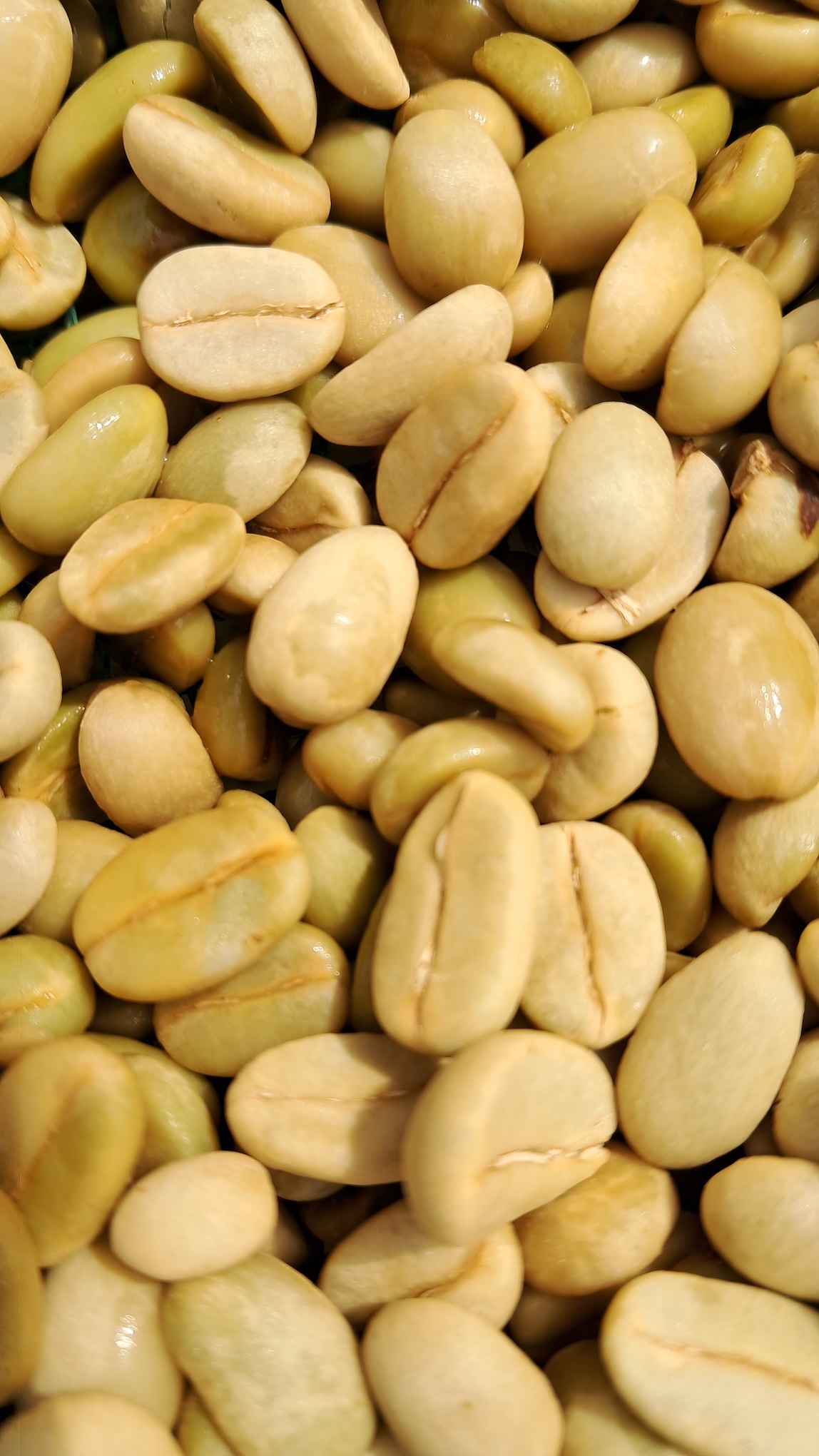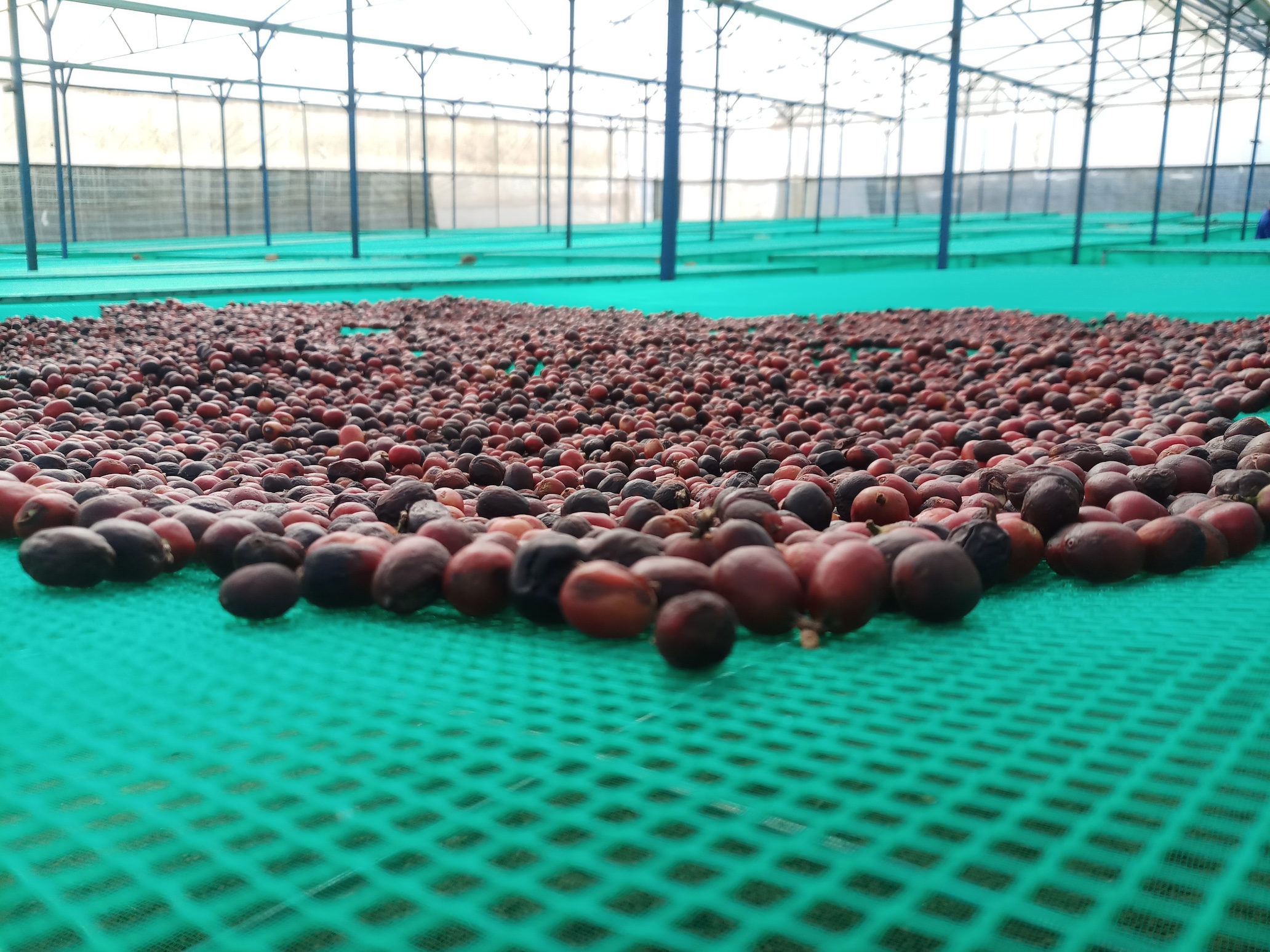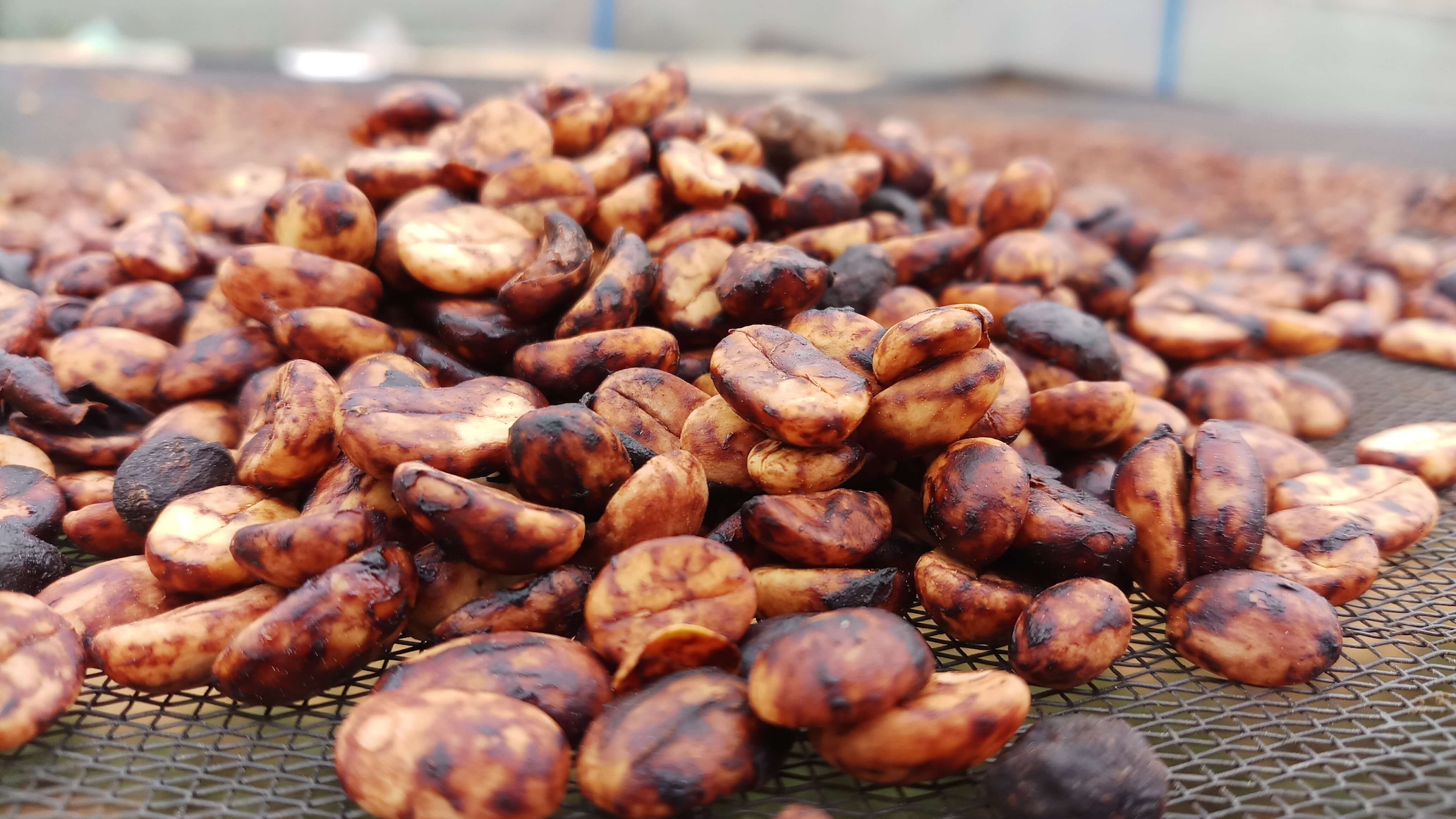Understanding Double Washed coffee processing
Double washed coffee processing, also known as double fermentation, is primarily used in Kenya, Burundi, and Rwanda. This method enhances clarity and brightness, resulting in an exceptionally clean-tasting profile through two stages of fermentation, with the second stage often referred to as "soaking."

The process explained
Carefully harvesting and selecting only the ripest cherries is essential to achieving the best quality. After pulping, the beans undergo a 36-hour water fermentation to break down the mucilage. Next, the coffee is washed and soaked in clean water for an additional 24 hours, resulting in very clean parchment.

Key benefits of double washed processing
Highlighting the terroir and origin of the coffee. Bright acidity and fruity notes define flavor clarity, a signature of Kenyan coffees. Completely removing mucilage ensures a very clean-tasting cup. Additional fermentation (soaking) introduces complexity, adding depth to the coffee’s flavor.

Flavour profile
Our Double Washed coffee features vibrant acidity with flavors of citrus, berries, and stone fruits. Sugar cane sweetness and floral undertones of jasmine complement the fruitiness and exceptionally clean finish.

| Location | Langbiang Mountain plateau (peak 2167m), Lac Duong district, 15km from Dalat city |
| Altitude | 1500-1650 masl |
| Variety | Catimor |
| Harvest season | 2023/2024 |
| Producer | Zanya Cooperation, working together with over 30 smallholder farmers from K´ho ethnic minority |
| Bags in stock | 43 |
| Price | 10.7€/kg without VAT |








